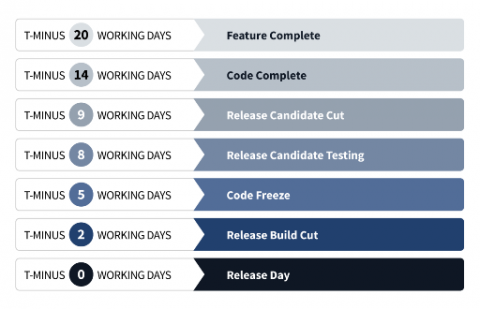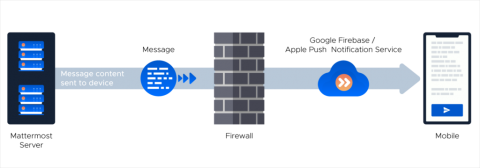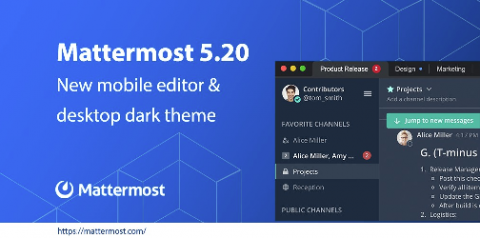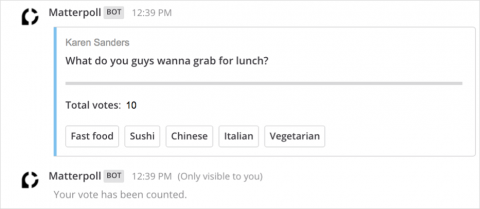How our remote team ships like clockwork
On the 16th of every month, we release an update to the Mattermost server. The release happens on the same day, every month, without fail. It’s a cadence that our customers have come to rely on, and it helps us deliver new features and updates with drumbeat regularity. Hitting this hard deadline every month while ensuring high-quality releases requires clear processes and organizational discipline. This is a challenge for any team.






